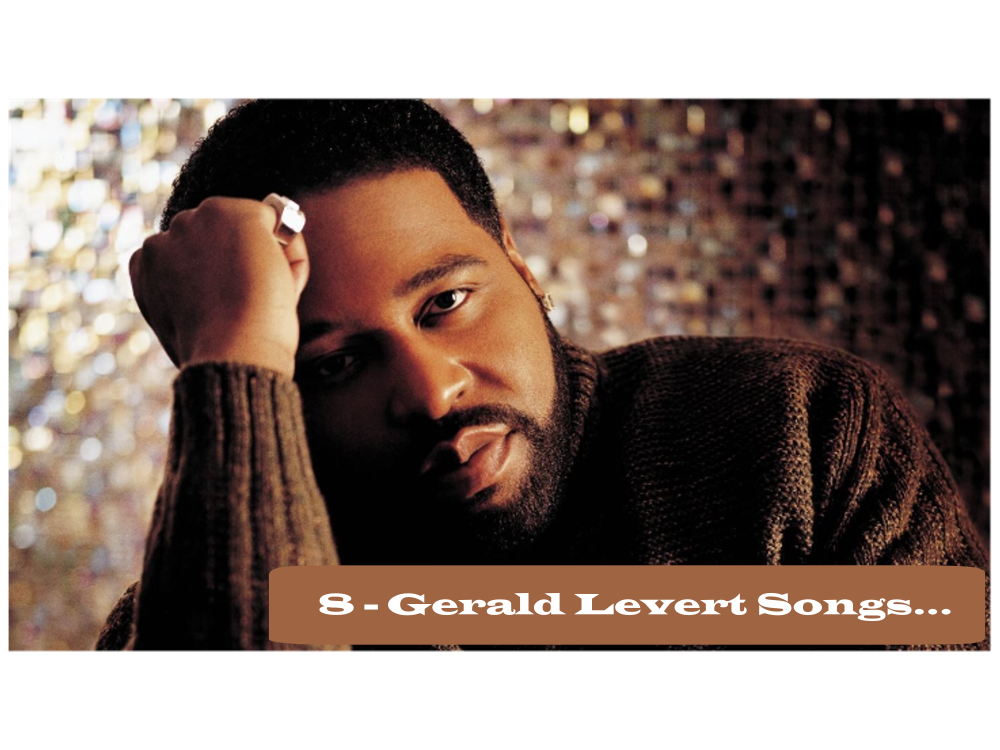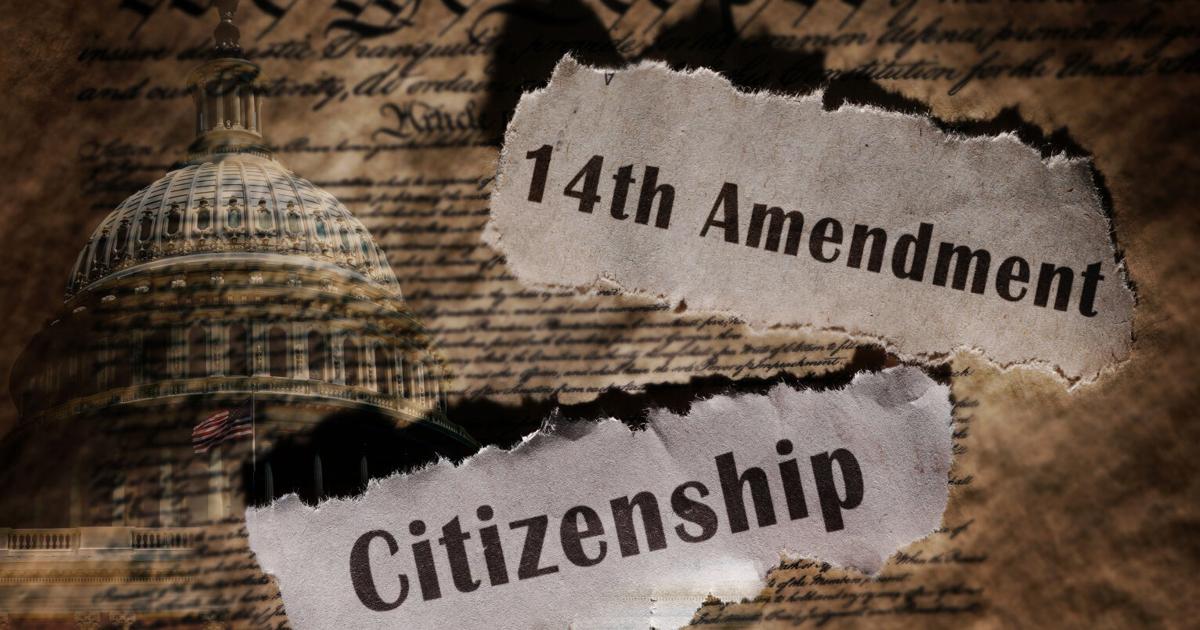(ThyBlackMan.com) Seventy-one years ago this month — in January 1948 — a black, 17-year-old high school dropout left home. The last grade he had completed was the 9th grade. He had no skills, little experience, and not a lot of maturity. Yet he was able to find jobs to support himself, to a far greater extent than someone similar can find jobs today.
I know because I was that black 17-year-old. And, decades later, I did research on economic conditions back then.
Back in 1948, the unemployment rate for 17-year-old black males was just under 10 percent, and no higher than the unemployment rate among white male 17-year-olds.
How could that be, when we have for decades gotten used to seeing unemployment rates for teenage males that have been some multiple of what it was then — and with black teenage unemployment often twice as high, or higher, than white teenage unemployment?
Many people automatically assume that racism explains the large difference in unemployment rates between black and white teenagers today. Was there no racism in 1948? No sane person who was alive in 1948 could believe that. Racism was worse — and of course there was no Civil Rights Act of 1964 then.
How then could there be this low unemployment rate, with virtually no racial difference? Racism is despicable. But that tells us nothing about what weight it has — compared to other factors — as a cause of particular social problems such as unemployment.
Perhaps the most widely condemned racism in the second half of the 20th century was that in South Africa under apartheid, when an openly racist government proclaimed white supremacy, and denied blacks basic human rights. Yet, even under such a regime, there were particular occupations in which black workers outnumbered white workers — even though it was illegal to hire any blacks at all in those particular occupations. Economics carried weight, even in South Africa under apartheid.
In the United States, what was unusual about 1948 was that, for all practical purposes, there was no minimum wage law in effect. There was a minimum wage law on the books. But it was passed in 1938, and a decade of high inflation had raised money wages, for even low-level jobs, above that minimum wage.
Among the effects of a minimum wage law, when it is effective, is that many unskilled and inexperienced workers are priced out of a job, when employers do not find them worth what the law specifies. Another effect of a minimum wage law is that it can lead to a chronic surplus of job applicants.
When an employer has 40 qualified applicants for 20 jobs, it costs the employer nothing to refuse to hire 10 qualified black applicants. But if he has no more than 20 qualified applicants, that is a different ball game.
The point here is that economic factors carry weight, and sometimes, under some conditions, those economic factors carry more weight than racism. Even in South Africa under apartheid.
In the United States, as the minimum wage rate specified in the law began to be raised, beginning in the 1950s, so as to catch up with inflation and then keep up with inflation, the minimum wage law became effective in practice once again — and a racial gap in unemployment rates opened up and expanded.
As a black teenager, I was lucky enough to be looking for jobs when the minimum wage law was rendered ineffective by inflation. I was also lucky enough to have gone through New York schools at a time when they still had high educational standards.
Decades later, when examining the math textbook used by some young relatives of mine, who were living where I grew up in Harlem, I discovered that the math they were being taught in the 11th grade was less than what I had been taught in the 9th grade.
The opportunities open to my young relatives in Harlem — and to other young blacks elsewhere — were not nearly as good as the opportunities open to me back in 1948.
Many of the seemingly compassionate policies promoted by the progressives in later years — whether in economics or in education — have had outcomes the opposite of what was expected. One of the tragedies of our times is that so many people judge by rhetoric, rather than by results.
Written by Thomas Sowell
Official website; http://www.tsowell.com/

















WAKE UP AUTHOR:
AFRICAN AMERICANS ARE NOT BLACK
And you cannot free anybody if you are brainwashed.
It amazes me how many of you are still brainwashed to call yourselves BLACK. Black is not an identity and scientifically black is not even a color. It is next to nothing. Black is the “color” of your car tires, not your skin. The white oppressive slave trader called you black and himself white to set up a contrast and to attach negative images and denotations to you based on a lie about color. Look up BLACK in the dictionary.
Research even shows that blacks are perceived by other groups as very different from African Americans. But we still keep calling ourselves what someone else defined us as, what we are not and what has a negative dictionary denotation in society. WAKE UP. LOOK AT THE REAL COLOR OF YOUR SKIN. YOU ARE NOT BLACK. You are an African American. The lie of calling us black and defining us by color (the wrong color) has been in place so long that our people accept it as truth – but it’s not. Know your colors.
Native Americans do not allow others to call them red men. Asians do not accept being called yellow men. Hispanics do not answer to “what’s up brown man”. And Caucasians are not white, notebook paper is white. Wake up and see the plan where white racist supremacists plotted to redefine our people from Africa. STOP CALLING YOURSELF SOMETHING THAT YOU ARE NOT!
AFRICAN AMERICANS ARE NOT BLACK.
Black is the “color” of your car tires, not your skin author. Being called “black” is a lie and it should be offensive. Haitians, Jamaicans and even Africans do not accept being called “black”, Why do you think that is? They are identified by tribes, klans, geographic areas and their respective countries. By using the very term black to describe us, we are doing the following:
1. Using a term white oppressors and slave masters gave us.
2. Letting someone else define us other than our own people.
3. Calling ourselves something we are not.
4. Buying into thee lie and the negative denotation. Check the dictionary.
5. Being set apart in a way that no other ethnic group allows. Native Americans are not called Red Man. Asians are not called Yellow Man. Hispanics are not called Brown Man. They do not and will not accept being defined by color and by some other race or ethnic group at that.
6. Ignoring our actual color (brown) which means brainwashing has worked. Any time someone can get an entire race, ethnic group or culture to ignore what they are and call themselves what they factually are not, THEY HAVE BEEN INDOCTRINATED, ASSIMILATED AND BRAINWASHED.
7. Playing right into the oppressor’s profiles and stereotypes. Did you know studies show there is a different perception of black people than there is of African Americans? Words create perceptions and perceptions create actions towards us.
WAKE UP. You know your colors. And even though others around the world equated our ancestors with the color of the soil in Africa or the meaning of negro/negroid, that does not change the fact that WE ARE BROWN – NOT BLACK.
Facts are facts and YOU ARE BROWN, NOT BLACK. When you receive the revelation of why they keep calling African Americans “black” and Caucasian people “white”, you may just wake up!
STOP LETTING OTHER GROUPS DEFINE YOU WITH AN OBVIOUS LIE that we have heard and accepted so much that we believe it’s true and forget our colors. The de-programming has to take root or African Americans will forever be defined, limited and oppressed by those who get us to accept a lie.